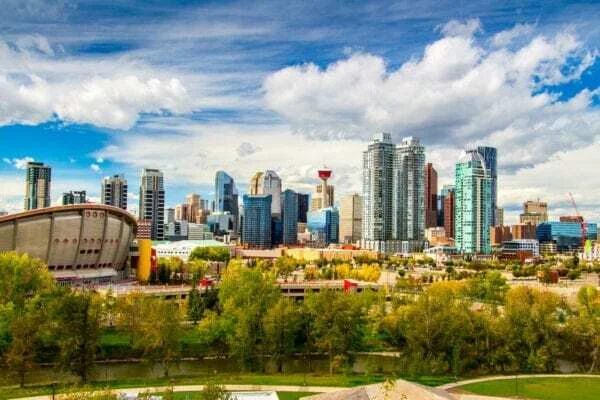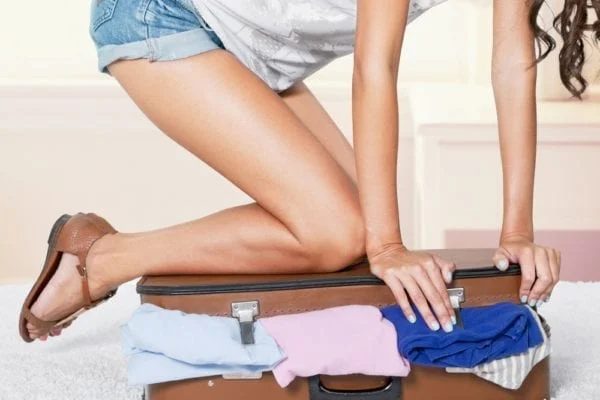WHAT SHOULD YOU TAKE CARE OF FIRST AFTER MOVING IN? A TO DO LIST FOR NEW HOMEOWNERS

WHAT SHOULD YOU TAKE CARE OF FIRST AFTER MOVING IN? A TO DO LIST FOR NEW HOMEOWNERS

Your brand new home and fresh start, you finally did it, and now the big question is – what should you take care of first after moving in? It is very easy to get caught up in the stress, excitement, planning and seemingly endless checklists before moving day. From looking at new houses, to signing all the paperwork and booking your moving company – there is certainly a lot to get through, and the journey can take months! Generally less time sensitive, glamorous, but arguably equally important, is deciding how you are going to take care of your new home and where to start. Different environments, neighbourhoods, time of year, type of home – all of these factors play a part in how you will personalize and prioritize your to do list. However, the following guide will provide a helpful start with tips where you can’t go wrong!

Schedule A Clean
We all have different expectations when it comes to the cleanliness level of any kind of space, let alone where you eat, sleep, and live. Although typically not written into sale terms, the majority of sellers will do a basic clean of the home they are leaving. If you are lucky, carpets may even get cleaned. Although, even the most earnest of deep cleans could need a refresh once you have had movers, dollies, family and friends unpacking, you name it – all tracking in and out of the house during a short time frame. Additionally, the aftermath of this can be amplified if you move on a day where the weather is anything but sunny! If the budget allows, gift yourself a professional clean after you have finished unpacking your home.
#1 – Nothing feels better than a clean home.
#2 – There is peace of mind in knowing that every corner of your new space has been disinfected, wiped, vacuumed, dusted and is quite literally a clean slate and perfect place to start making memories.
#3 – Making sure a total house tidy is booked before you move in, means you will inadvertently put yourself on a timeline to get everything unpacked and into its right place ahead of the cleaners arrival!
Professional cleaners not in your budget? Make a small investment in a deep cleaning guide that can direct you on how to get a deep disinfecting with your own two hands.
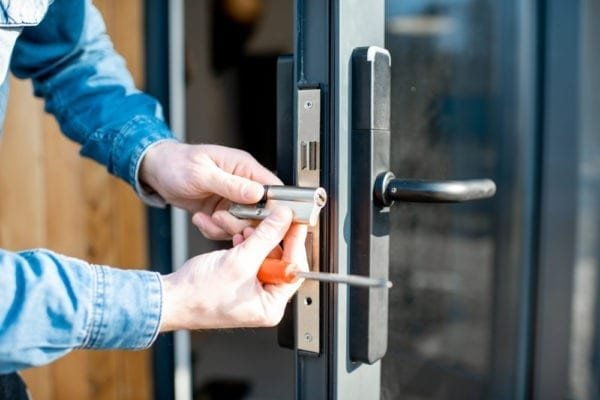
Have Your Locks Changed
No matter the neighbourhood, or how nice the people you bought from were; when you first move in, you will never have any way of knowing for sure who has a key, aka access, to your new home. Realtors use the term ‘key control’ to describe this; being able to easily keep track of your home’s most basic security system, its doors. In a newer home you may be able to DIY this project, but to ensure the switch over is thorough and secure, calling in a locksmith is great too. This may seem like overkill and crazy at worst, an unnecessary expense at best – but being able to know with certainty and by name, who has a key to your home, is never a bad thing and something you want to take off the checklist as soon as possible after moving in.
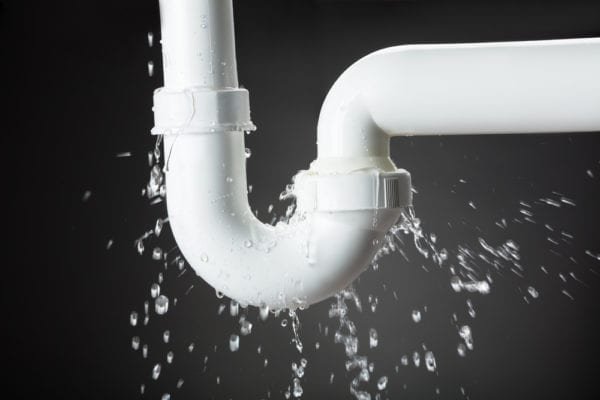
Find Out How/Where To Turn Your Water Off
Picture this: you are cleaning dishes after dinner one night and a pipe bursts under your sink. You quickly grab a bucket to catch the water and then start running around your house trying to figure out how to shut the main line off. You get down to the basement, have boxes in the way and are not sure what you are doing. Unless you make it a priority to take care of when you first move in, there is a big chance you will not know where to go or what to do. When water is gushing all over your kitchen, this is an unfortunate predicament to find yourself in. Learn this about your home. Taking ten minutes to familiarize yourself is nothing, having this information in the heat of a crisis is everything.
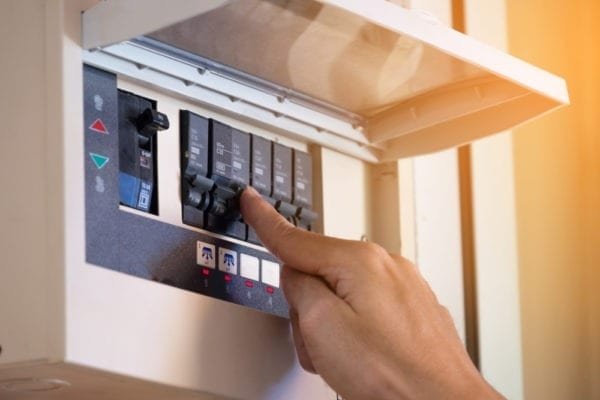
Know Where Your Circuit Breaker Is
Equally as important as knowing how to turn your water off in an emergency, is being aware of how and where to get your power back on if a breaker blows. If this is an area of new home ownership you find intimidating, you are not alone. Upon completion, you can ask the professional performing your home inspection to do a walkthrough with you – actually, that is heavily recommended. Ask them what make/model your circuit breaker is and if they have any experience working with it. Like your water, most breakers are located inside your home, more often than not in the basement, but find out for sure. Sometimes they are covered and you need to know how to get access, and they can be outside too. Know where your circuit breaker is, but confused on how it works? ‘How To’ videos on YouTube can be your guide here before calling in an electrician. The sooner you can gain understanding of the basic operating structures of your home after moving in, the better.
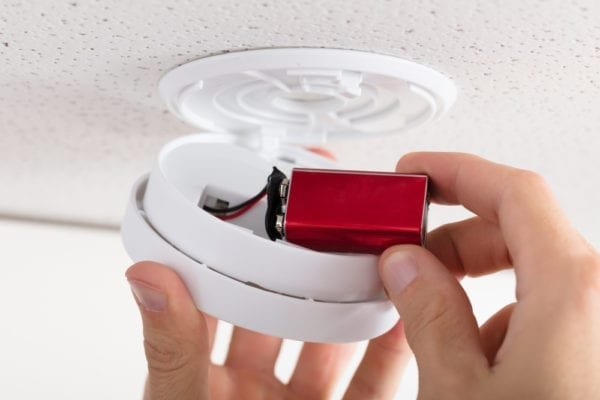
Invest In Fresh Batteries
Protect the major investment you just made with all of the time, money, and effort spent moving into your new home and make sure your smoke detectors and Carbon Monoxide alarms are in immaculate, working order. This is obviously not an area to scrimp and save on, or ever put off. Get it done. Both systems (they can be combined into one wall/ceiling unit) should have been checked during inspection, but it is always recommended to freshen up the batteries as soon as you move in. Test them again and set up a monthly reminder on your calendar to keep doing it. This takes mere minutes and without exaggeration, can mean the difference between life and death. The minimal effort it takes to keep this part of your home security maintained is worth it and then some – check this off of your list the day you move in.
Use Your Best Resource
If you were happy with the company that provided the inspection of your new home, in the kindest way possible, exploit that resource! These are professionals who are in and outside homes of all shapes and sizes, in all types of conditions every, single day. They are a wealth of knowledge when it comes to the life expectancy of your major home appliances and the corresponding cost implications. Ask them if there is a plumber or electrician they know and recommend. If they have them, get referrals for duct cleaning, water heater maintenance, roofing, etc. Nothing will ever trump your own research and instinct, but knowing who other professionals trust can be very helpful, particularly if you are in a new town and don’t have the ability to rely on opinions of friends and family. Acquire this information soon after moving in, and when you need something in your new home taken care of, you will already know who to call.
Rule of thumb after moving in is; make a list and check it twice. You now have a very big purchase to take care of, and the sooner you start, the less things will pile up and potentially turn into expensive nightmares to fix.




